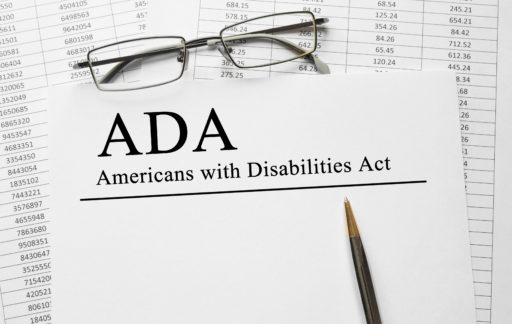In a recent decision, a Federal District Court grappled with the definition of “direct loss” under a commercial crime policy. The court in CP Food & Beverage, Inc. v. U.S. Fire Ins. Co., concluded that “direct means direct” and an insured’s losses from payment card charge-backs when certain employees made fraudulent charges on customers’ payment cards were only the “indirect” result of employee theft, and therefore not covered under the insured’s policy.
The facts are interesting. The insured operated a club (the “Club”) where …
Continue Reading









